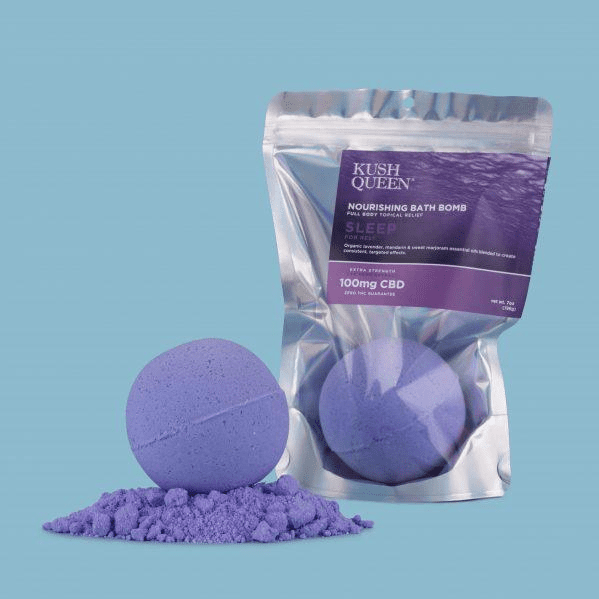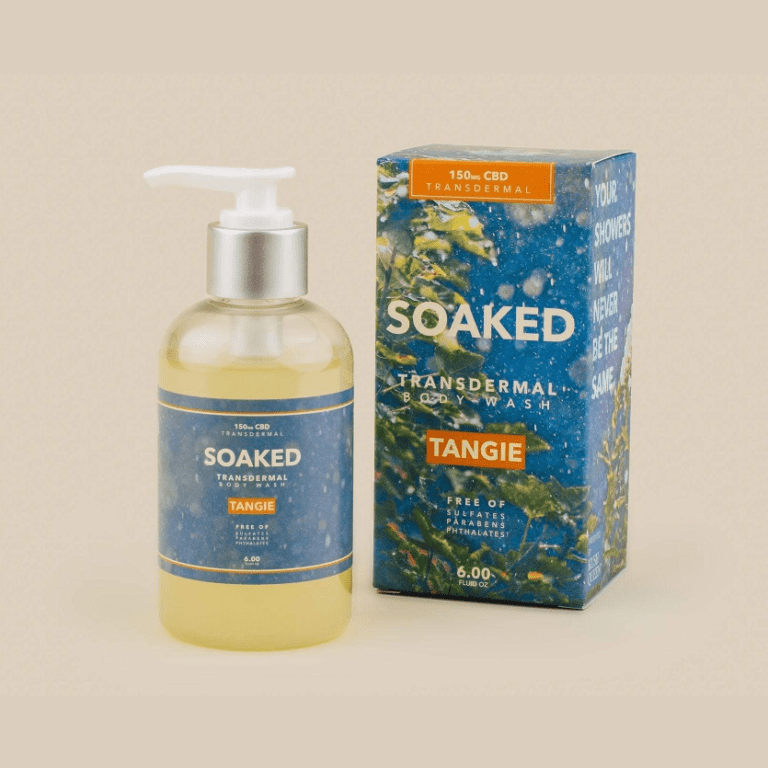Best CBD Topicals The Process Isn't As Hard As You Think
페이지 정보
작성자 Marisa 작성일23-12-16 05:29 조회7회 댓글0건관련링크
본문
 Are CBD Topicals Legal in the US?
Are CBD Topicals Legal in the US?The 2018 Agriculture Improvement Act has removed hemp (cannabis) containing provisions 0.3% THC) from the US controlled substances list, products containing cannabidiol (CBD) have grown in popularity.
Yet, very little research has been conducted on topical cannabinoid products purchased nationwide at retail stores as well as on the internet. This study looked at the cannabinoid content as well as the accuracy of the label and therapeutic and nontherapeutic claims made by these products.
Legality
There is lots of confusion over the legality of CBD. This is due to the fact that different states have their own laws on hemp and cannabis products. It isn't always easy for consumers to determine whether the product is legal, safe and effectiveness.
First first, the FDA does not allow CBD to be added to food products or dietary supplements. Businesses that wish to incorporate CBD in their products must abide by all federal regulations and rules. If the product does not meet other requirements they can apply for FDA approval to include CBD to food or supplements.
FDA is concerned about the rise in CBD-rich items that have yet to be approved by the FDA. This is because such products aren't only dangerous to consume, but they could be harmful on public health.
There are many states in the US that have passed laws that make CBD legal and safe. These laws typically require that manufacturers obtain a state-issued license, and adhere to certain safety standards and quality standards. The most prominent of these laws is the 2014 hemp and marijuana act that permits the production and distribution of CBD oil and extracts.
Other states have also enacted CBD-explicit medical laws and industrial hemp pilot programs. These laws are intended to promote research and development of novel CBD-based products while shielding consumers from harmful actions.
There are many legal cbd topicals for sale on the market. However it is essential to choose one with a good reputation. This is the best method for you to be sure you get the product you want and it conforms to all legal, safety and quality requirements.
It is recommended to search online for reviews and search for CBD products that have been tested by third parties. This test in the lab can determine whether the product is safe and adheres to the lawful requirements. The most trusted CBD products will also carry the certificate of analysis (COA).
Safety
CBD is legal to sell in the United States as an dietary supplement. However, CBD is a drug that has not yet been approved by the FDA. So, dietary supplements that contain CBD must be in compliance with FDA laws and regulations.
While CBD is naturally occurring however, it may cause harm when taken in excess or incorrectly. To ensure safety, producers must adhere to strict guidelines for cGMP. Businesses must be cautious about making false claims about the effects of CBD and its potential impact on a person’s health.
According to the FDA it is illegal for CBD-containing products to be sold without FDA approval. The agency believes that the fraudulent marketing of non-approved drugs with therapeutic claims creates serious public health concerns. Patients and other consumers may be enticed to steer clear of approved treatments for fatal or serious illnesses.
The FDA is currently studying how to regulate CBD-containing foods and dietary supplements. The FDA could reclassify the substance in order to eliminate it from its current status of a drug or issue FDA regulations that allow it to be added to food items.
In the meantime, states are leading the way in regulating cbd topicals shop. The legal status of CBD is contingent upon a number of factors such as the source and the type of product.
While state laws vary and require rigorous testing, most states have strict testing and product safety requirements to protect the environment as well as promote consumer safety. Alaska and other states have higher safety requirements than the FDCA.
Advertising is not permitted in most states. These restrictions include limiting product claims and prohibiting marketing to minors. In addition, many states ban misleading or false claims as well as unsubstantiated health or health claims (i.e., that the CBD product is designed to treat a specific medical problem).
The FDA does not regulate the production and selling of topical CBD products. This means that manufacturers should consult with counsel to determine whether the products conform to the requirements of federal law as well as the applicable state laws prior to making or selling them. In addition, companies should be aware of the multitude of state laws that govern CBD that can be confusing and in some instances conflict with the FDCA.
Dosage
Since the year 2018, when the Agriculture Improvement Act (i.e. hemp-derived cannabis) was repealed, CBD products had been growing in popularity. 0.3% D9-tetrahydrocannabinol [THC]) from the US controlled substances list. CBD is believed to be effective in treating numerous health conditions such as anxiety and chronic pain.
As the popularity of products that contain CBD on the skin and research is required to evaluate their safety as well as efficacy. A recent study has shown that CBD products applied to the skin are safe and effective, however they are not as effective as oral CBD.
It is important to know that CBD topicals are not approved by the FDA. This is due to the fact that they are sold for medical and therapeutic purposes and not as a food or nutritional supplement. They must be endorsed by the federal government and undergo rigorous testing before being sold.
Many states have moved toward more tightly controlled tests and safety regulations for cannabinoids as a whole but with a few exceptions. For example, Alaska, Kentucky, Colorado and New York have regulations requiring the use of cGMP as well as other safety standards for manufacturing facilities as well as testing.
Some states also have laws that restrict advertising claims and limit marketing to minors. These laws are designed to shield consumers from misleading products and prevent them from falling for them.
The US Food and Drug Administration is also concerned about the rise in unsubstantiated therapeutic claims made for CBD products that claim to be CBD-approved. These misleading claims can cause consumers to purchase CBD products that are not FDA-approved and more expensive.
The FDA has recently started to make sure that manufacturers are held accountable for the use of false and fraudulent claims about cbd topical's healing properties on CBD-containing products. These fraudulent and false claims could result in people using harmful products that may have no therapeutic value and could cause severe health issues for people who suffer from serious health issues. This is especially applicable to pain, which is a chronic disease with many symptoms.
Side Effects
The endocannabinoid system is a system of chemical receptors that are found throughout the body. The chemical receptors send signals to regulate our mood, sleep, appetite and other aspects of our health. CBD activates this system, and promotes the feeling of well-being.
Topicals are a great method for CBD to be absorbed without the need to take it in. They can also lessen the negative effects.
There are many different types of CBD products for use on the skin, including lotions, oils, and balms. Some are skin-friendly and contain essential oils like coconut avocado, jojoba, avocado vitamin E.
These topicals are simple to apply and quickly absorb into the skin leaving no oily residue. They are effective for localized treatments and can be used to treat many types of pain, including arthritis.
In addition to easing inflammation and reducing discomfort, topicals can also help to reduce signs of aging, balance skin and soothe the skin. cbd topicals online store's anti-inflammatory properties may help to prevent acne.
CBD is not psychoactive, unlike edibles and vape juices that have THC. CBD is safe because CBD has a low risk of addiction and toxic effects. This is why CBD is considered safe by the World Health Organization has declared it safe.
Another benefit of the use of CBD topicals is that they aren't likely to show up on drug tests. They are absorbed directly through the skin and don't get into the bloodstream, which can prevent you from failing an examination.
If you're planning on taking a drug test, ensure you read the instructions carefully. The instructions may vary from one company to the next however most will instruct you to spray the topical onto a cotton ball and apply it on the skin. It is recommended to avoid applying the cream on skin that is open or broken as this could cause irritation.
It is essential to select an item of high-quality that contains hemp-derived CBD. Hemp is delicate and softjoin.co.kr requires constant tendering to stop it from accumulating too much THC. This could cause it to become infected and will require it to be destroyed.
 Hemp-derived CBD topicals are legal in the USA so long as they do not contain more than 0.3% THC. CBD topicals derived from hemp are legal in the United States, so they do not contain more than 0.3 percent THC.
Hemp-derived CBD topicals are legal in the USA so long as they do not contain more than 0.3% THC. CBD topicals derived from hemp are legal in the United States, so they do not contain more than 0.3 percent THC.댓글목록
등록된 댓글이 없습니다.

